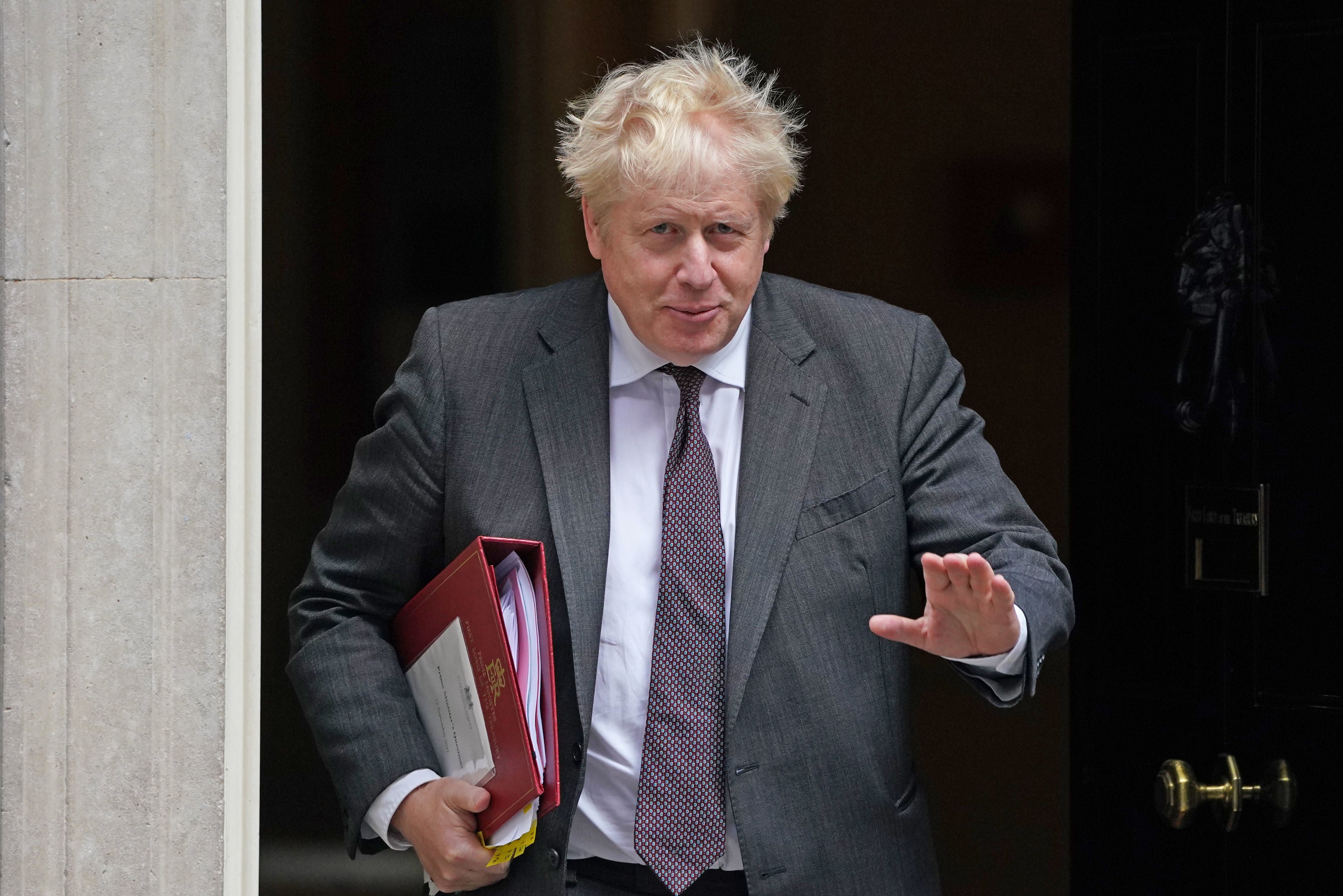More than half of black children growing up in poverty after big rise since Tories came to power
Labour tells Boris Johnson to ‘tackle structural racial inequality at source’, through new Race Equality Act

Your support helps us to tell the story
From reproductive rights to climate change to Big Tech, The Independent is on the ground when the story is developing. Whether it's investigating the financials of Elon Musk's pro-Trump PAC or producing our latest documentary, 'The A Word', which shines a light on the American women fighting for reproductive rights, we know how important it is to parse out the facts from the messaging.
At such a critical moment in US history, we need reporters on the ground. Your donation allows us to keep sending journalists to speak to both sides of the story.
The Independent is trusted by Americans across the entire political spectrum. And unlike many other quality news outlets, we choose not to lock Americans out of our reporting and analysis with paywalls. We believe quality journalism should be available to everyone, paid for by those who can afford it.
Your support makes all the difference.More than half of black children in the UK are growing up in poverty, after a huge increase since the Conservatives came to power, a new analysis says.
They are also more than twice as likely to be living below the breadline as white children, according to the study of the numbers in “relative low income”.
In 2010, 42 per cent of black youngsters were growing up below the benchmark – but this had risen to 53 per cent in 2019-20, the most recent year for which data is available.
Because the black population has risen sharply, the numbers in poverty have more than doubled from 200,000 at the start of the last decade to more than 410,000.
Labour seized on the figures to call on Boris Johnson to stop dragging his heels on action to “tackle structural racial inequality at source”, through a new Race Equality Act.
The party’s own report last year, by Doreen Lawrence, called for a national strategy to tackle health inequalities and mandatory ethnicity pay gap reporting – but no measures have followed, it said.
“The Conservatives should be ashamed that more than half of Black children are growing up in poverty this Christmas – more than double the number when they took office,” said Anneliese Dodds, Labour’s equalities spokeswoman.
“There is little wonder that child poverty has skyrocketed over the last decade when Conservative ministers have done so little to tackle the structural inequalities driving it.”
The party used government data on households living below 60 per cent of median income and population statistics to produce its analysis.
The proportion of Pakistani children below the breadline has also risen since the Conservatives gained power – from 50 per cent to 55 per cent, it said.
Some 61 per cent of Bangladeshi children living in poor households – the same figure as in 2010 – while the proportion has fallen for Indian youngsters (from 34 per cent to 27 per cent) and for Chinese children (from 47 per cent to 12 per cent).
For white children, the share has risen from 24 per cent to 26 per cent – and is the highest overall cohort, at 2.9 million children.
A government spokesperson pointed instead to separate figures showing that, in 2019-20, there were 300,000 fewer children in absolute low income than in 2010.
People can rise above the threshold if their incomes rise, while remaining in relative poverty – the more commonly used measure – if other people also become better off.
The spokesperson told The Guardian: “The latest official figures show there were 300,000 fewer children of all backgrounds in poverty after housing costs than in 2010 and we continue to provide extensive support to reduce this number further.”
Join our commenting forum
Join thought-provoking conversations, follow other Independent readers and see their replies
Comments